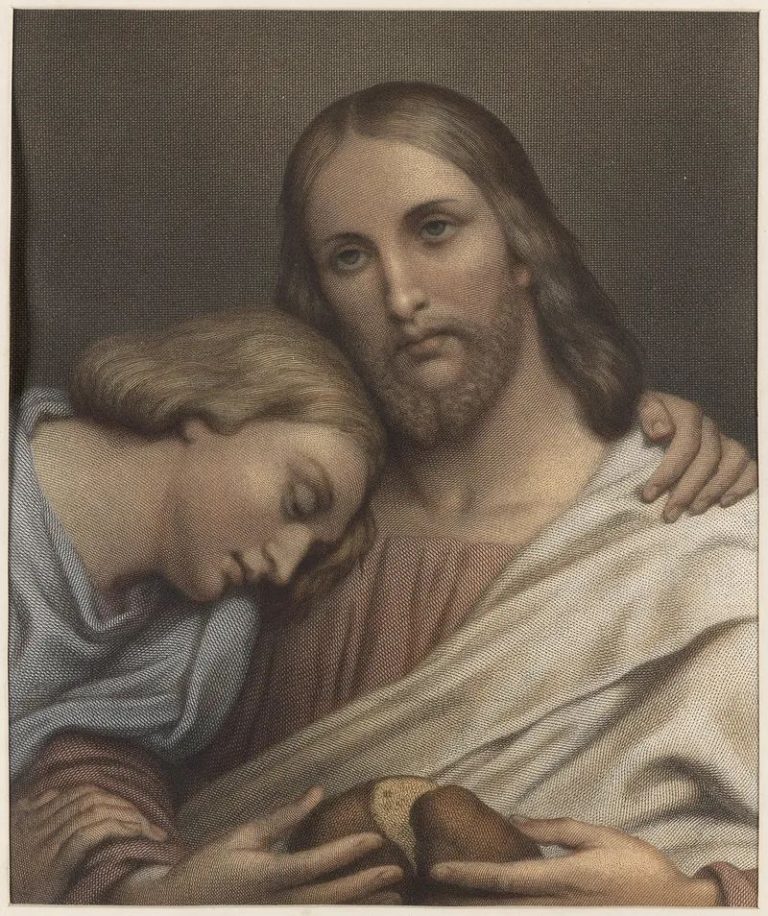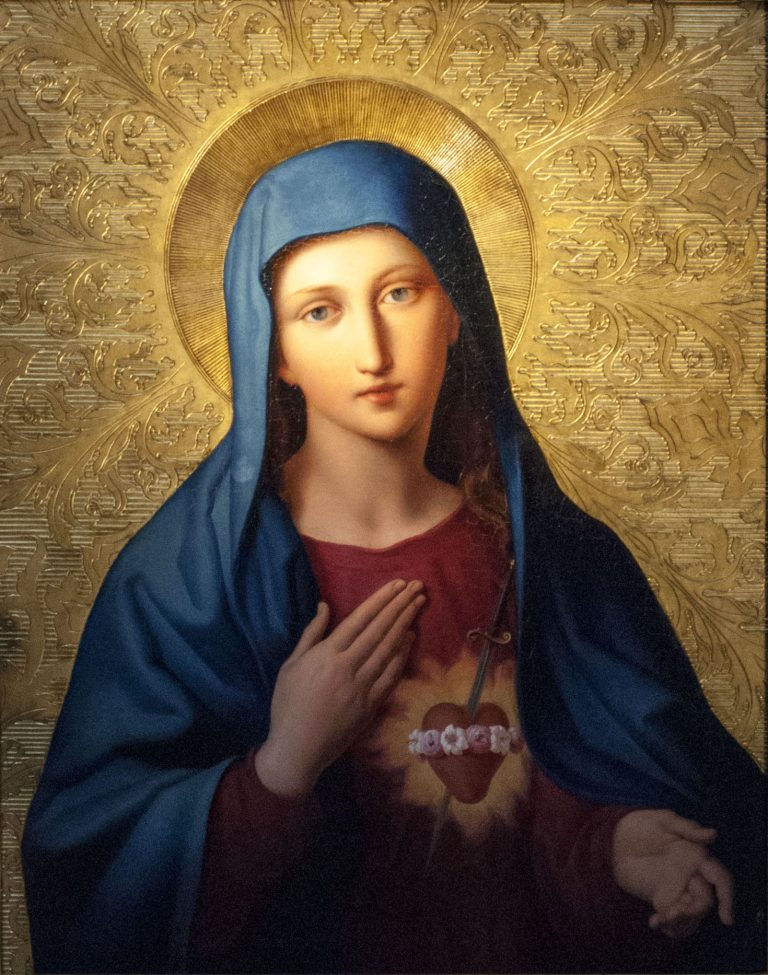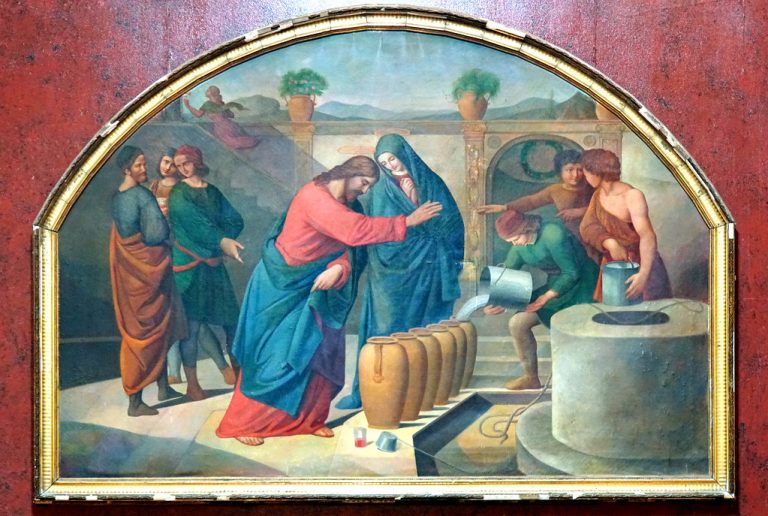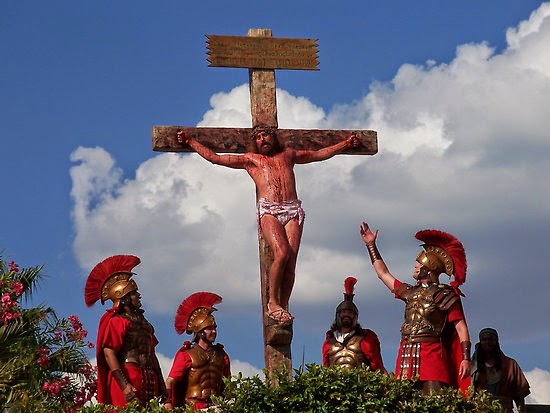Why Did God Put The Forbidden Fruit In the Garden of Eden?
One of the most intriguing and puzzling stories in the Bible is the story of Adam and Eve and their encounter with the forbidden fruit. The Bible tells us that God created a beautiful garden called Eden and placed Adam and Eve there to live and work.
In this garden, there was a tree that bore a special fruit that God commanded them not to eat. This fruit is often called “the fruit of the knowledge of good and evil” (Genesis 2:17). But why did God put the forbidden fruit in the Garden of Eden?
What was its purpose and significance? And what can we learn from this story today? In this blog post, we will explore these questions and try to understand why God put the forbidden fruit in the Garden of Eden.
We will look at four aspects of this story: God’s sovereignty and love, the consequence of sin, the mercy and grace of God, and the challenge for us today.

God’s Sovereignty and Love
The first thing we need to know about why God put the forbidden fruit in the garden of Eden is that He is sovereign over all His creation. This means that He has absolute authority, power, and control over everything that exists. He created everything out of nothing by His word (Genesis 1:1–31), and He sustains everything by His power (Hebrews 1:3).
He also has a purpose for everything He does (Isaiah 46:10), and He works all things for His glory (Romans 11:36). Therefore, when God created the forbidden fruit and placed it in the garden of Eden, He did so according to His sovereignty. He had a reason for doing so that was consistent with His character and plan. He did not do it arbitrarily, maliciously, or without care.
But what was His reason? Why did He give Adam and Eve a choice between obedience and disobedience? Why did He allow them to be tempted by something that could harm them? The answer is that God did it out of love. Yes, love.
Not love as we often understand it today as a sentimental feeling or an emotional attachment, but love as defined by God Himself: “God is love” (1 John 4:8). Love as demonstrated by God Himself: “God demonstrates his own love for us in this: While we were still sinners, Christ died for us” (Romans 5:8). God’s love is not based on our performance, worthiness, or attractiveness. It is based on His grace, mercy, and kindness.
It is unconditional, unchanging, and unfailing. God loved Adam and Eve before they sinned. He loved them when they sinned. And He still loved them after they had sinned. God loved Adam and Eve so much that He wanted them to enjoy a full relationship with Him without any barrier, hindrance, or separation. He wanted them to experience His presence, His blessing, and His joy.
But for that relationship to be real and meaningful, it had to be based on trust and obedience. It had to be based on free will. God did not create Adam and Eve as robots or puppets who would automatically do whatever He said without any choice or consequence. He created them as image-bearers who would reflect His character and glory by choosing to love Him back and obey Him willingly.
That’s why He gave them one simple command: “Do not eat from the tree of the knowledge of good and evil, for when you eat from it you will certainly die” (Genesis 2:17). This command was not meant to restrict their freedom or happiness. It was meant to protect their lives and relationship with God. It was meant to test their faithfulness and loyalty to God. It was meant to show them how much they needed God and depended on Him for everything.
Simply put, God forbade the fruit because He loved and cared for humanity. He knew the consequence of sin, should humanity choose it; He knew what would result in the human heart and across all of creation. Eden in itself was designed for a full relationship without separation from God.
The Consequence of Sin
The second thing we need to know about why God put the forbidden fruit in the Garden of Eden is that sin has terrible consequences. Sin is not just a mistake or a flaw or a weakness. Sin is a rebellion against God and His will. Sin is a violation of God’s law and character. Sin is an offense to God’s holiness and justice.
The Bible tells us that “the wages of sin is death” (Romans 6:23). This means that sin deserves and leads to death—not only physical death but spiritual death as well. Spiritual death is the separation of our souls from God because of our sins. It is the loss of fellowship with God and His favor. It is the state of being under God’s wrath and judgment.
This is what happened when Adam and Eve ate the forbidden fruit. They disobeyed God’s command and sinned against Him. They broke their relationship with God and brought sin into the world.
The Bible says that “when you eat from it you will certainly die” (Genesis 2:17). And indeed they did. They died spiritually immediately as they felt shame, fear, guilt, and alienation from God (Genesis 3:7-10). They also died physically eventually as they became mortal, subject to sickness, pain, aging, and decay (Genesis 3:16-19).
But not only did they die themselves, but they also passed on their sinful nature and its consequences to all their descendants (Romans 5:12-14). That means all of us are born with a sinful nature that makes us prone to sin against God (Psalm 51:5). And all of us are subject to death because of our sins (Hebrews 9:27).
The result of eating the forbidden fruit was the introduction of sin into the world, as well as all the pain and suffering that ensued. As God promised, death happened. This was not physical death, but spiritual death that caused a separation between God and man because of sin. Adam and Eve were kicked out of the garden.
The Mercy and Grace of God
The third thing we need to know about why God put the forbidden fruit in the garden of Eden is that He is merciful and gracious toward His fallen creation. He does not delight in punishing sinners or abandoning them to their fate. He desires to save them and restore them to Himself.
Even after Adam and Eve sinned against Him, God did not abandon them to their fate. He showed them mercy and grace in several ways.
First, He sought them out and confronted them with their sin (Genesis 3:8-13). He did not leave them alone in their guilt and shame. He gave them an opportunity to confess and repent.
Second, He pronounced a curse on the serpent who deceived them and promised that one day a descendant of Eve would crush his head (Genesis 3:14-15). This was a prophecy of Jesus Christ, who would come to defeat Satan and his works (1 John 3:8).
Third, He made garments of skin for Adam and Eve and clothed them (Genesis 3:21). He covered their nakedness and shame with His own provision. He demonstrated His love and care for them despite their sin.
Fourth, He drove them out of the garden of Eden but placed cherubim and a flaming sword to guard the way to the tree of life (Genesis 3:22-24). He did this to prevent them from eating from the tree of life and living forever in their sinful state. He did this to preserve their hope of redemption through His Son.
Fifth, He sent His Son Jesus Christ into the world to die for our sins on the cross (John 3:16). He paid the penalty for our sin with His own blood. He rose again from the dead and ascended into heaven. He offers us forgiveness, salvation, eternal life, and restoration with God through faith in Him (Ephesians 2:8-9).
God put the forbidden fruit in the garden of Eden to test Adam and Eve’s obedience and love for Him. He also gave them a choice between receiving eternal blessings from a gracious God or the consequences of disobedience against a just God.
The Conclusion
The story of why God put the forbidden fruit in the garden of Eden is a story that reveals God’s character, His purpose, His plan, and His love for us.
It shows us that God is holy, righteous, sovereign, and good. He created us for His glory and our joy. He gave us His law and His grace. He wants us to obey Him and love Him with all our heart, soul, mind, and strength.
It also shows us that we are sinful, fallen, guilty, and helpless. We have disobeyed God and broken His law. We have sinned against Him and brought death into the world. We need His mercy

Sangtea Hmar is a passionate leader of the Youth Christian Fellowship at the Electric Vengthlang Presbyterian Church in Aizawl, Mizoram, India. He is the owner of Christiantone.com and is committed to spreading the word of God. He loves to mentor youth and help them grow in their faith.






